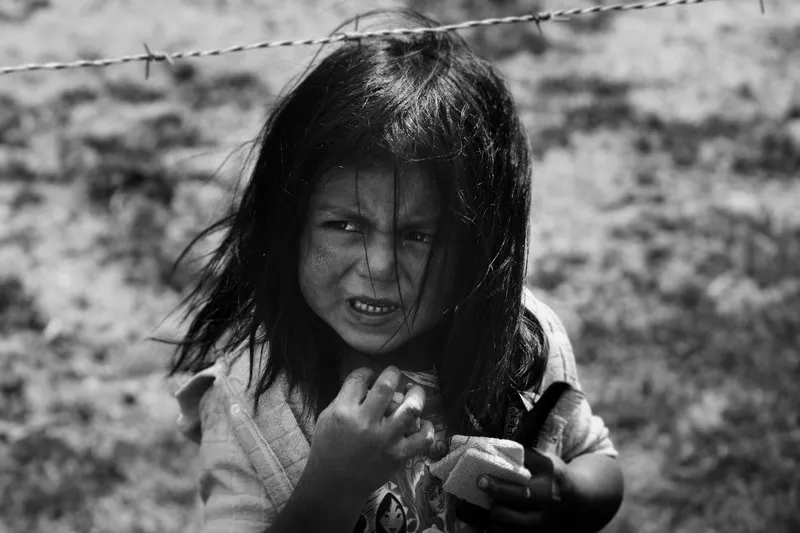Table of Contents
- Introduction
- Understanding Strain Theory in the Context of Ethnicity
- Sources of Strain Among Ethnic Minority Groups
- Patterns of Deviance Among Ethnic Minority Groups
- The Psychological Impact of Strain on Ethnic Minorities
- Addressing the Strain Faced by Ethnic Minorities to Reduce Deviance
- Conclusion
Introduction
Strain Theory, a foundational concept in sociology and criminology, provides a framework for understanding how social pressures and structural inequalities lead individuals to deviant behavior. Initially developed by sociologist Robert K. Merton, Strain Theory posits that when people are unable to achieve culturally valued goals—such as financial stability, social status, or education—through legitimate means, they experience frustration or strain. This strain can, in turn, drive individuals toward deviant responses as alternative means to meet their needs or cope with their circumstances. While Strain Theory is often applied broadly, examining it in the context of ethnicity reveals unique dimensions of strain faced by ethnic minority groups.
Ethnic minorities frequently encounter specific forms of societal strain stemming from discrimination, social exclusion, and systemic inequalities. These experiences create distinct pressures, which can shape patterns of deviance across different ethnic groups. This article explores the application of Strain Theory to ethnicity, analyzing how ethnic minority groups face unique forms of strain that influence their responses to societal expectations and opportunities. By understanding these unique sources of strain, we can gain insights into the complex relationships between ethnicity, social structure, and deviance.
Understanding Strain Theory in the Context of Ethnicity
Strain Theory suggests that when individuals perceive a gap between societal goals and their ability to achieve them through approved means, they experience strain, leading to potential deviant responses. This strain is often shaped by structural factors, including socioeconomic status, access to resources, and social support. For ethnic minority groups, strain is further complicated by experiences of discrimination, cultural marginalization, and systemic barriers that limit opportunities for success. These forms of strain can create a sense of exclusion from mainstream society, leading to feelings of frustration, disillusionment, and alienation.
In societies where ethnic minorities face persistent social and economic disadvantages, they may experience heightened levels of strain compared to their majority counterparts. Strain Theory provides a framework to analyze how these unique pressures influence patterns of deviance, as individuals from minority groups may respond to societal strain differently depending on their specific circumstances. Understanding these responses requires examining the distinct social challenges that ethnic minorities face and how these challenges shape their interactions with societal norms.
Sources of Strain Among Ethnic Minority Groups
Discrimination and Social Exclusion
One of the most significant sources of strain for ethnic minority groups is discrimination, which manifests in various forms, including racial profiling, employment bias, and social exclusion. Discrimination often restricts access to education, housing, healthcare, and employment opportunities, creating barriers to upward mobility. For individuals facing discrimination, the strain of being marginalized by society can generate feelings of frustration, resentment, and exclusion from mainstream culture.
Strain Theory helps explain how discrimination can lead to deviant responses as individuals attempt to cope with or resist societal exclusion. For some, this strain may manifest as rebellion or defiance against social norms that appear to reinforce their marginalization. For example, individuals who feel alienated by a society that discriminates against them may reject mainstream values, embracing alternative subcultures or behaviors that provide a sense of identity and belonging. In this way, deviance becomes a coping mechanism and a form of resistance to the strain caused by discrimination.
Socioeconomic Inequality and Limited Opportunities
Socioeconomic inequality is another critical source of strain for many ethnic minority groups, as these groups often have less access to economic resources, quality education, and stable employment. This inequality limits upward mobility, creating a significant gap between the societal ideals of success and the opportunities available to minority individuals. For those who experience poverty or economic disadvantage, the pressure to achieve financial stability can become overwhelming, particularly when legitimate means to attain these goals are limited.
Strain Theory suggests that when individuals feel unable to achieve financial success through socially approved channels, they may resort to alternative means, some of which may involve deviance. For example, economic crimes, such as theft, drug dealing, or fraud, may be more prevalent in communities where economic opportunities are scarce, and individuals face intense pressure to meet financial needs. This behavior is not simply a rejection of societal values but a rational response to the strain created by systemic inequalities that restrict access to legitimate opportunities for success.
Cultural Expectations and Assimilation Pressures
Ethnic minority groups often experience strain from conflicting cultural expectations and pressures to assimilate into the dominant culture. In many societies, ethnic minorities are encouraged—or even expected—to conform to mainstream cultural norms, which can lead to a sense of cultural dissonance or identity conflict. Individuals who feel pressured to abandon their cultural heritage in favor of assimilation may experience strain, as they struggle to balance their sense of identity with societal expectations.
This type of strain can lead to deviant behavior as individuals resist or challenge assimilation pressures. For instance, some may choose to embrace behaviors or styles that defy mainstream cultural norms as a way of asserting their identity and autonomy. Strain Theory helps explain these behaviors as responses to the frustration and alienation caused by cultural expectations that devalue or marginalize their heritage. By embracing alternative identities, individuals create a sense of belonging that aligns with their cultural values, even if it involves deviating from societal norms.
Patterns of Deviance Among Ethnic Minority Groups
Get the full article AD FREE. Join now for full access to all premium articles.
View Plans & Subscribe Already a member? Log in.





